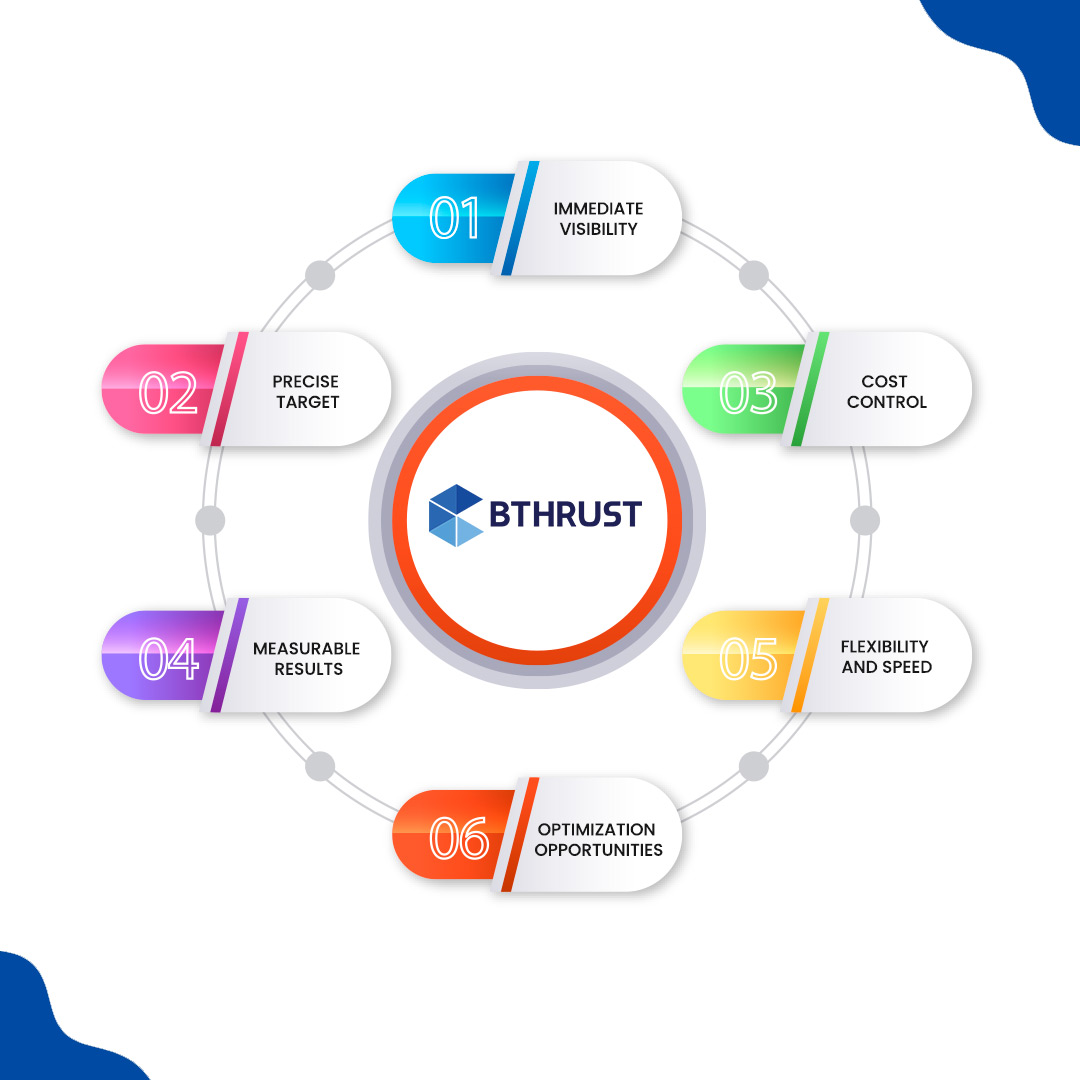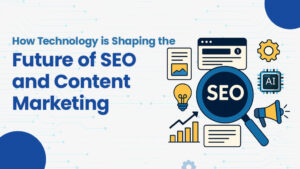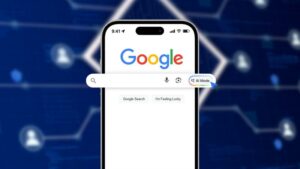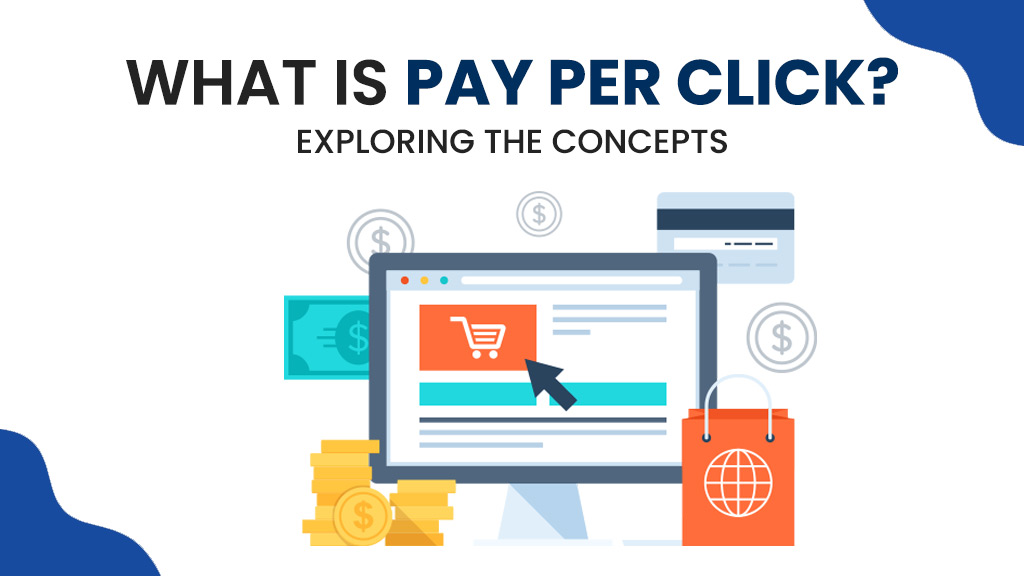Pay-per-click (PPC) is an online advertising method where businesses pay each time someone taps on their ad. It helps companies connect with customers by showing ads when people search for related products or services. PPC is common on platforms like Google, Facebook, and Twitter. It lets businesses guide relevant traffic to their sites and carefully manage their costs. Advertisers gain by reaching specific audiences, while publishers earn money when users click ads. PPC works through either fixed prices or bidding systems, depending on how it’s set up.
Types of PPC:
- Search Ads: Search ads leap to the top of search results when people search for certain keywords. These ads help businesses capture the eyes of users actively seeking products or services. By bidding on important keywords, companies compete for prime spots, drawing users to click and explore further.
- Display Ads: Display ads light up various websites with eye-catching banners, images, or interactive designs. They pull attention while users browse other content, helping brands spread their message. These ads work well for businesses looking to reach a large audience and leave a vivid, lasting mark.
- Shopping Ads: Shopping ads showcase products directly in search results with clear images, prices, and descriptions. They help online stores by allowing customers to see and compare products instantly. Shoppers can easily browse options, making it simple to find and buy what they need right away.
- Video Ads: Video ads play on platforms like YouTube, either before, during, or after other videos. They grab attention with motion and sound, perfect for telling stories or showing how things work. These ads build emotional ties with viewers, offering businesses a dynamic way to share their message.
- Social Ads: Social ads thrive on platforms like Facebook, Instagram, and X (Twitter), where businesses aim their ads at specific people based on interests, habits, or location. These ads are powerful for drawing people in, building communities, and sparking conversations. They help businesses connect with audiences directly in their social world.
- Remarketing Ads: Remarketing ads follow users around the web after they visit but leave without making a purchase. These ads remind users of what they explored, urging them to return and complete their actions. This gentle nudge keeps businesses in the customer’s mind, boosting chances for sales.
- Google Maps Ads: Google Maps ads pop up when people search for local businesses nearby. They guide potential customers to stores and often include useful information like directions and reviews. These ads are perfect for local businesses, making them easy to find and visit.
Each type of PPC gives businesses a strong tool to reach their audience, achieve their goals, and make their advertising more effective and rewarding.
Advantages of PPC Advertising

- Immediate visibility: Ads appear at the top of search results, quickly capturing the attention of potential customers actively searching for related products or services.
- Precise targeting: PPC allows you to target specific keywords, locations, demographics, and even times of day, ensuring your ads reach the right audience at the right moment.
- Cost control: You only pay when someone clicks on your ad, making PPC a cost-effective strategy. You can set daily or monthly budgets to manage spending effectively.
- Measurable results: PPC provides detailed data on ad performance, allowing you to track clicks, conversions, and other metrics in real time, helping you measure success.
- Flexibility and speed: PPC delivers fast results, unlike organic SEO, which takes time. You can adjust your campaigns, keywords, and bids anytime to adapt to market changes.
- Optimization opportunities: PPC campaigns offer continuous opportunities to test and improve ads, enabling better targeting, increased click-through rates, and higher conversions over time.
What is Google Pay-Per-Click?
Google Pay-Per-Click is a type of PPC advertising that runs through Google’s Ads system. It allows businesses to present ads based on the keywords people search for. Companies choose these keywords and compete for their ads to appear by offering bids. Google ranks the ads using a mix of the bid amount and how relevant the ad is to users. When someone taps on an ad, they go straight to the company’s website. Google PPC helps businesses attract potential customers and boost sales, especially when they need quicker results compared to waiting for organic searches.
Why Use Google PPC?
- Gain instant visibility: Google PPC ads leap to the top of search results, helping your business grab attention immediately. This prime spot lets your business shine in front of potential customers who are searching for relevant products or services, making sure you don’t miss key opportunities.
- Reach the right audience: With Google PPC, you can target exact keywords, locations, and even specific groups of people. This ensures your ads connect with the right audience—those most likely to be interested in what you offer—at just the right moment, boosting your chances of success.
- Manage costs easily: PPC lets you control your spending because you only pay when someone clicks on your ad. You can set limits on how much you want to spend each day or month, adjusting it as needed to match your budget and keep your advertising efforts cost-effective.
- Adapt and measure: Google PPC campaigns allow you to tweak your ads, keywords, and spending anytime. You can also track detailed results to see how well your ads perform, helping you fine-tune your strategy and make your advertising work smarter.
- See fast results: While SEO takes time to show impact, PPC pulls in traffic and potential customers right away. This quick response lets businesses see results almost immediately, which is especially helpful for new product launches or urgent promotions.
Deciding Between Google Ads and PPC for Your Business
If you’re looking to enhance your online visibility, reach a broader audience, and increase revenue, Pay-Per-Click (PPC) advertising can be a powerful tool. With Google being the world’s leading search engine, Google Ads is often the top choice for PPC campaigns. However, it’s essential to evaluate your business type and understand your customers’ online behaviours before launching PPC ads on any platform. Doing so can help you optimize your conversion rates and maximize the effectiveness of your campaigns.
Conclusion
Google PPC offers a sharp and effective way to connect with customers, manage expenses, and track clear results. It gives businesses a powerful tool to boost traffic, grow sales, and stay ahead in the digital marketplace. With careful planning, it delivers excellent value and strengthens online marketing efforts.




